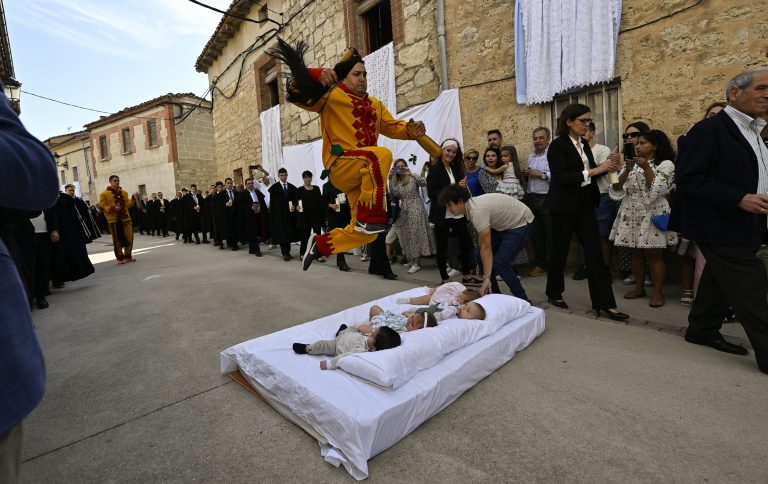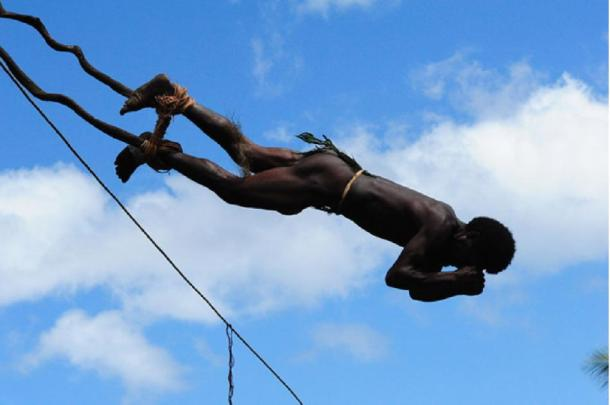
innovuscollege.com – Thaipusam is a significant Hindu festival celebrated mainly by the Tamil community in India, Malaysia, Sri Lanka, and Singapore. It is dedicated to Lord Murugan, the Hindu god of war, and symbolizes devotion, sacrifice, and purification. One of the most striking aspects of this festival is the piercing ritual, where devotees carry out extreme acts of self-mortification as a form of penance and gratitude.
The Significance of Thaipusam
Thaipusam is observed during the Tamil month of Thai (January–February) and marks the day when Goddess Parvati gave Lord Murugan a divine spear (Vel) to defeat the demon Soorapadman. It is a time for devotees to seek blessings, fulfill vows, and express gratitude through acts of endurance and self-sacrifice.
The Piercing Ritual and Kavadi Attam
One of the most visually intense and spiritually powerful aspects of Thaipusam is the practice of body piercing and carrying the Kavadi:
- Cheek and Tongue Piercing: Many devotees pierce their cheeks and tongues with long, sharp skewers to demonstrate their faith and to help them remain silent in meditation.
- Body Hooks and Spears: Some devotees go further by attaching hooks, skewers, and small spears to their bodies.
- Kavadi Attam (Burden Dance): The most devout carry Kavadi, an elaborately decorated wooden or metal structure, often pierced into the skin, as they walk long distances barefoot to the temple.
Where is Thaipusam Celebrated?
- Batu Caves, Malaysia: The most famous Thaipusam celebration outside India takes place in Batu Caves, Kuala Lumpur, where devotees walk barefoot up 272 steps to the Murugan temple.
- Tamil Nadu, India: Major celebrations occur in Palani Murugan Temple, a significant pilgrimage site.
- Singapore & Sri Lanka: Thaipusam is also celebrated with grand processions and piercings in Sri Thendayuthapani Temple (Singapore) and Kataragama Temple (Sri Lanka).
Preparation and Fasting
Before participating in Thaipusam, devotees undergo rigorous fasting and spiritual preparation:
- 40 days of vegetarianism
- Abstaining from worldly pleasures
- Daily prayers and meditation
- Walking barefoot as a sign of humility
Controversy and Modern Adaptations
While many view the extreme piercing rituals as a deep spiritual act, some critics argue about the health risks involved. However, modern celebrations have included safer alternatives like carrying pots of milk (Paalkudam) instead of body piercings.
Conclusion
Thaipusam is a festival of faith, endurance, and devotion, where believers push their physical and mental limits in the name of Lord Murugan. Whether witnessed at Batu Caves, Palani, or Singapore, the piercing rituals and Kavadi processions continue to captivate and inspire people around the world, making it one of the most unique cultural traditions in Hinduism.






